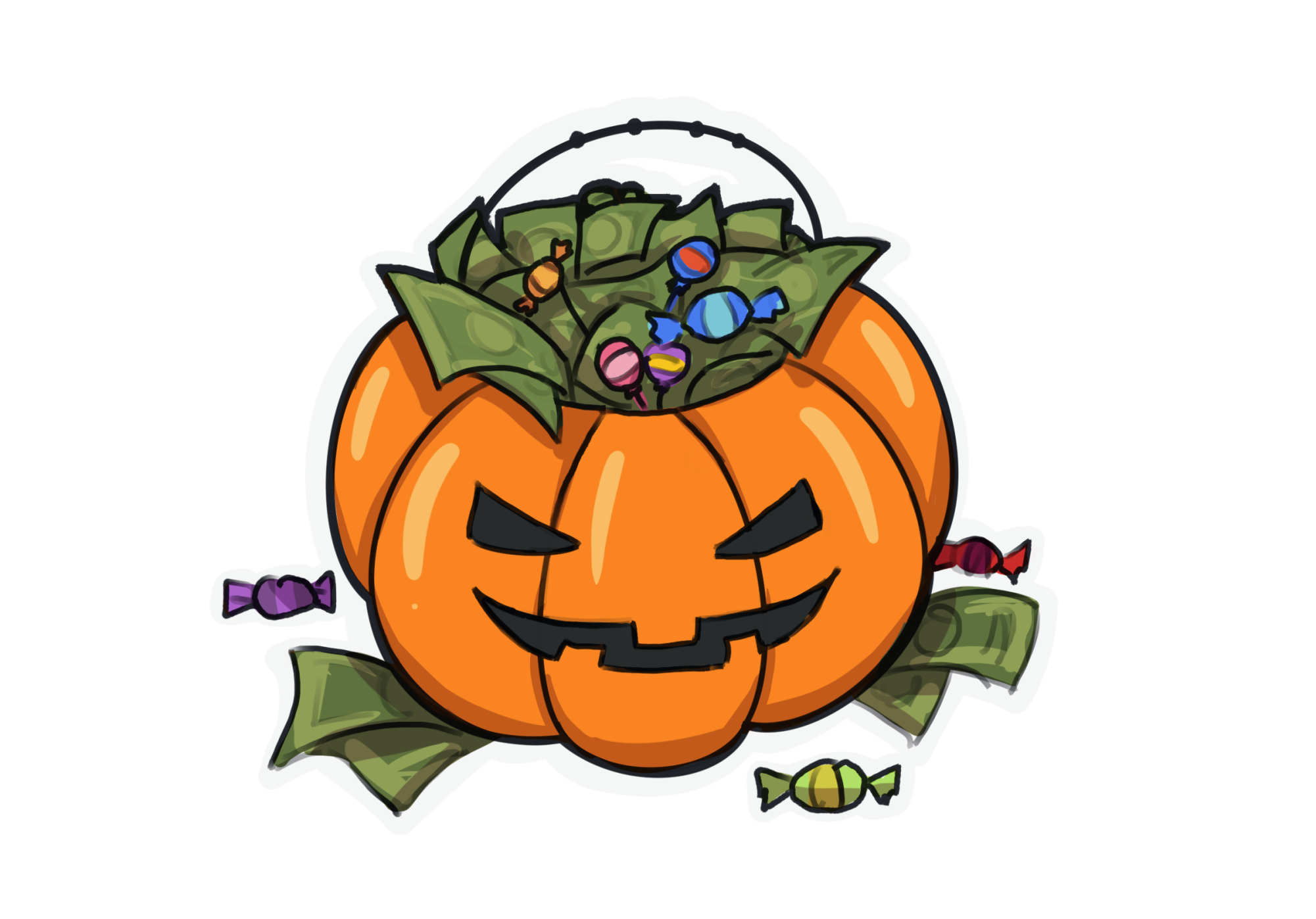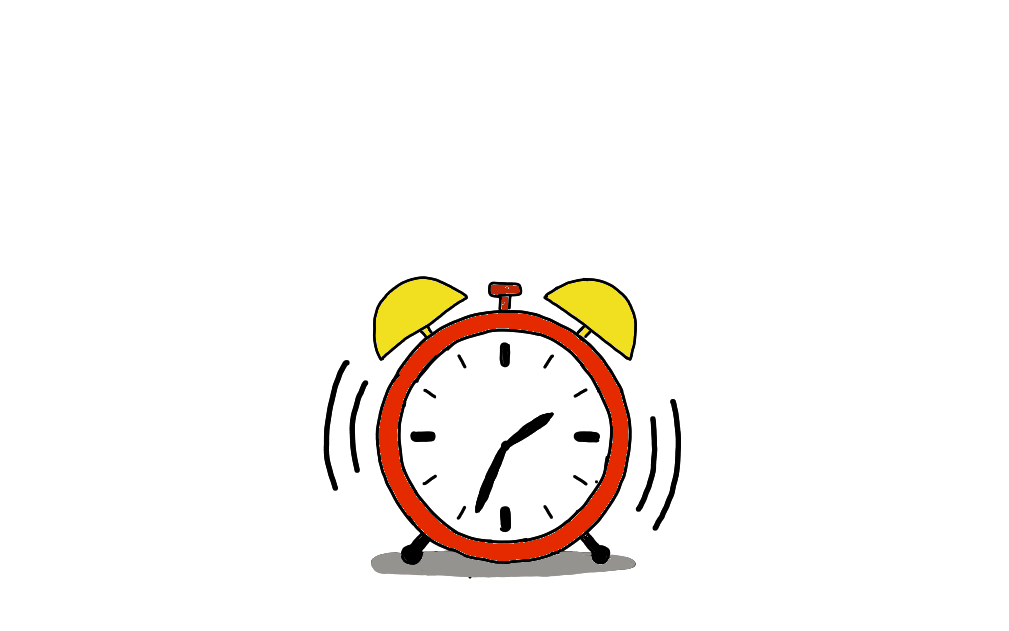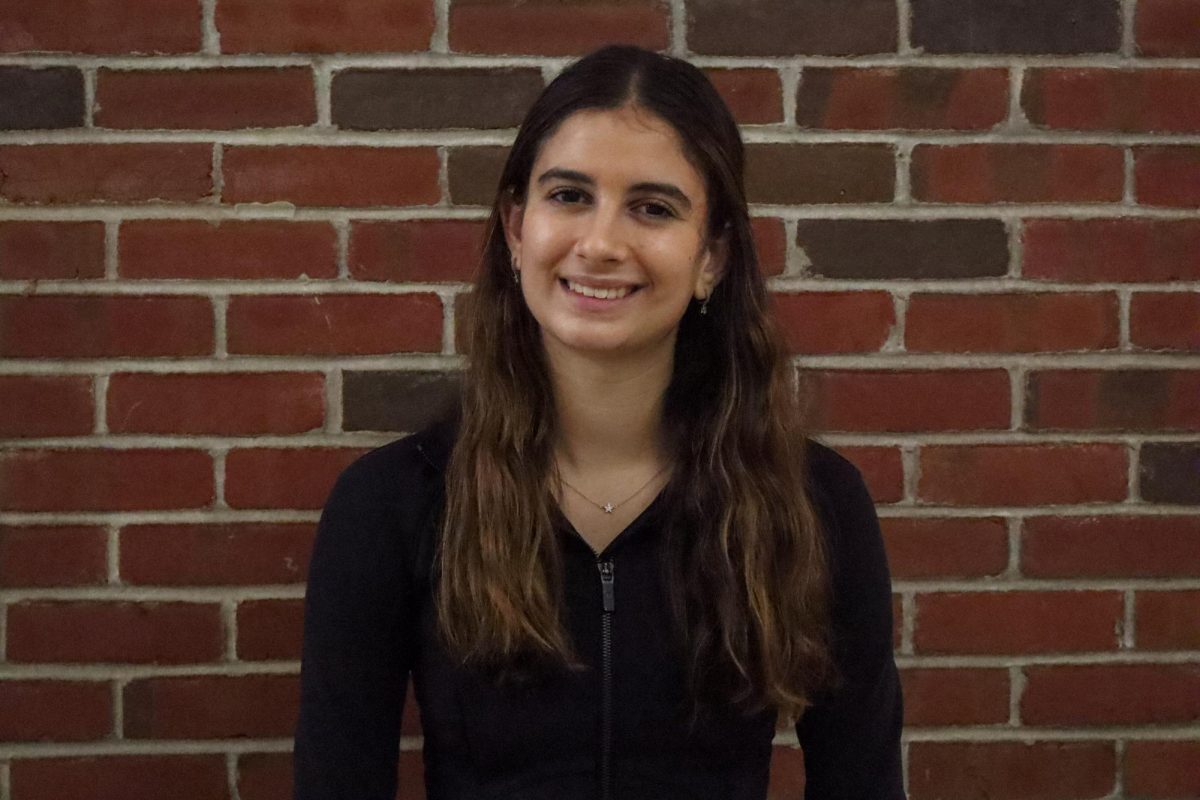Halloween, a holiday known for its costumes, candy and spooky decorations, has evolved significantly from its ancient Celtic roots. As it transformed into a commercialized extravaganza celebrated worldwide, it is essential to explore the origins of Halloween, the impact of Western culture and capitalism and question whether the holiday’s celebration pays adequate homage to its original culture.
The roots of Halloween can be traced back to the Celtic festival of Samhain, celebrated over 2,000 years ago in what is now Ireland, the United Kingdom and northern France. Samhain marked the end of the harvest season and the commencement of winter. It was a time when the Celts believed that the veil between the world of the living and the world of the dead was at its thinnest.
Samhain was a sacred occasion, a time to honor one’s ancestors and the spirits of the deceased. People gathered around bonfires to tell stories, express gratitude for the year’s harvest and seek protection from malevolent spirits. It was customary to wear costumes made from animal skins, another practice that has continued into modern Halloween.
The transformation of Halloween from Samhain to the modern-day holiday can be attributed to Western culture and capitalism. Over time, Halloween migrated from a solemn, spiritually significant observance to a consumer-driven phenomenon. The Western world played a substantial role in this evolution.
With the spread of Western consumerism, Halloween was seized upon as a prime opportunity for retail sales. It became a holiday of costumes, decorations and most notably, sweets. Supermarkets, party stores and costume shops now thrive during the Halloween season. This commercialization, while boosting economies, has overshadowed the holiday’s original cultural significance. Hollywood and Western pop culture have been instrumental in shaping the way Halloween is celebrated worldwide. Films, television shows and literature have perpetuated the idea of Halloween as a night of fright, horror and playful mischief. This often distorts its historical and cultural context. Western influence has often led to the appropriation of Halloween traditions from other cultures. For instance, elements of Dia de los Muertos (Day of the Dead) have been incorporated into Halloween celebrations without a proper understanding of their original significance.
As Halloween gained global popularity and a more consumer-oriented perspective, the holiday’s original culture was marginalized. There is often a disconnect between the current festivities and the deeper, historical roots of Halloween. This disconnection is not only seen in the commercialization of the holiday but also in the lack of awareness about its Celtic origins.
Samhain, the Celtic festival that underpins Halloween, was a time to honor and connect with one’s ancestors. It was a moment of deep spiritual reflection and remembrance. In today’s Halloween, these elements are often overshadowed by a focus on costumes and treats. Families and individuals should strive to reconnect with the original spirit of the holiday.
While it is important to acknowledge the concerns related to the Western and capitalistic influence on Halloween, it is also crucial to emphasize the positive aspects of the holiday. Halloween can be a time to learn and appreciate the history of Samhain and the rich Celtic culture it represents.
Families and individuals can educate themselves about the history of Halloween and its roots in Samhain. Understanding the holiday’s original purpose is essential to appreciating its significance.
It is important to pass down knowledge about the origins of Halloween to children and emphasize the importance of respect for different cultures.
Halloween, with its origins in the ancient Celtic festival of Samhain, has undergone a profound transformation as it has been embraced and commercialized by heavily American culture. The holiday’s historical and cultural significance has sometimes been overshadowed by the emphasis on costumes, candy and consumerism. To truly honor the spirit of Halloween and its origins, individuals and families can take steps to reconnect with the rich traditions of Samhain, learn about its history and be mindful of cultural sensitivity. In doing so, they can strike a balance between celebrating the fun and imaginative aspects of Halloween while also paying homage to its original culture.








